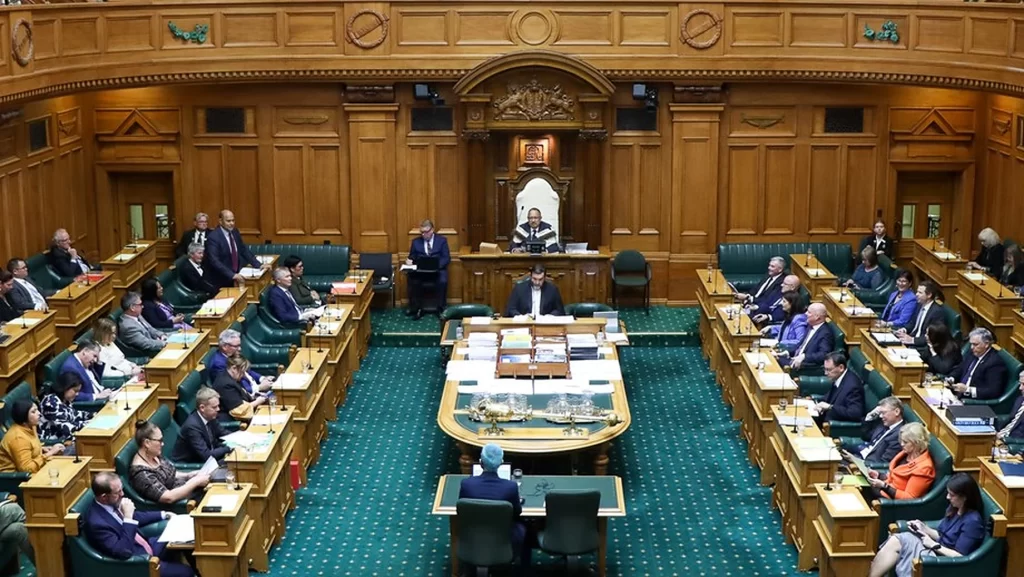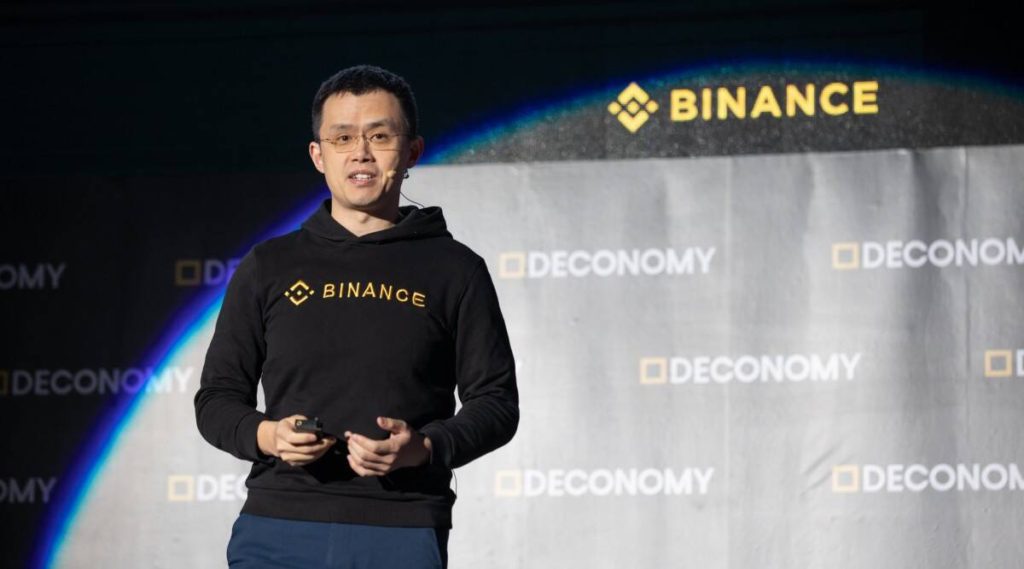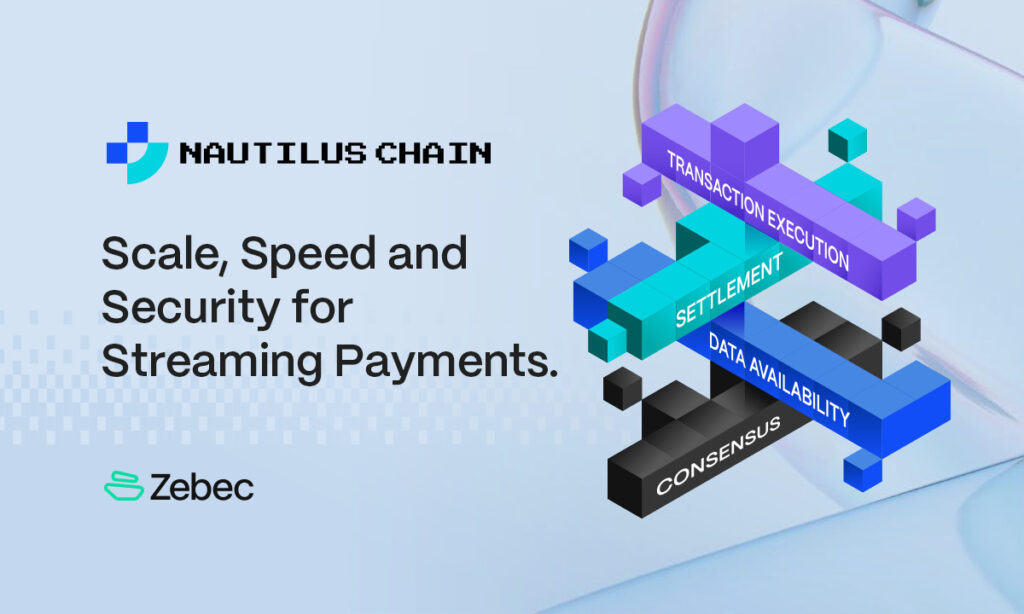Bybit, the third most frequented cryptocurrency exchange globally, has today unveiled the eagerly awaited NFT collection by Rik Oostenbroek as part of the Velocity Series. This series represents a unique Web3 collaboration, bringing together Bybit, Oracle Red Bull Racing, and elite digital artists.
On August 24, Rik Oostenbroek, the renowned Dutch artist, will debut two distinct NFT sets under the Velocity Series.
The first collection, titled “Momentum,” will be exclusively up for grabs by Velocity Pass NFT possessors through a Dutch auction.
This collection marks Rik’s inaugural journey into the sphere of 3D digital art, allowing technological data to shape the artwork’s end result.
The “Flow State” collection, comprising a capped set of 1000 NFTs, will be exclusively airdropped to the first 1000 Velocity Pass NFT owners.
To uphold its exclusiveness, no public sales will be held for this collection post-airdrop.
READ: Ripple Labs vs. SEC: Appeals Process Sparks Debate Over Ongoing Legal Case
The Velocity Pass is an esteemed NFT, offering art aficionados a golden ticket to four distinctive Bybit-sponsored NFT launches from the Velocity Series.
These launches align with the Grand Prix events in the Netherlands, Japan, the U.S., and Abu Dhabi. Additionally, pass bearers stand a chance to clinch rare rewards from Oracle Red Bull Racing and Bybit.
Rik Oostenbroek, the inaugural artist to partner for the Velocity Series, is celebrated for his dynamic designs, abstract manifestations, and carefully curated color schemes.
After creating visual masterpieces for iconic brands like Nike, Apple, and Paramount Pictures, Rik’s transition into the NFT space has been met with overwhelming praise for his captivating artistry.
Anndy Lian, Bybit’s Head of Partnerships, expressed, “This union of technology and artistry is aimed at paving a nexus for art enthusiasts, collectors, and motorsport fans. The Velocity Series masterfully blends the thrill of racing with the art of NFT, encapsulating the core of both domains.”
Caroline Buckland, leading the Fan Engagement at Oracle Red Bull Racing, added, “We’re thrilled about this inaugural and groundbreaking NFT collaboration within the Velocity Series. It’s a tribute to the fusion of art, innovation, racing exhilaration, and Rik’s unparalleled artistic vision.”










